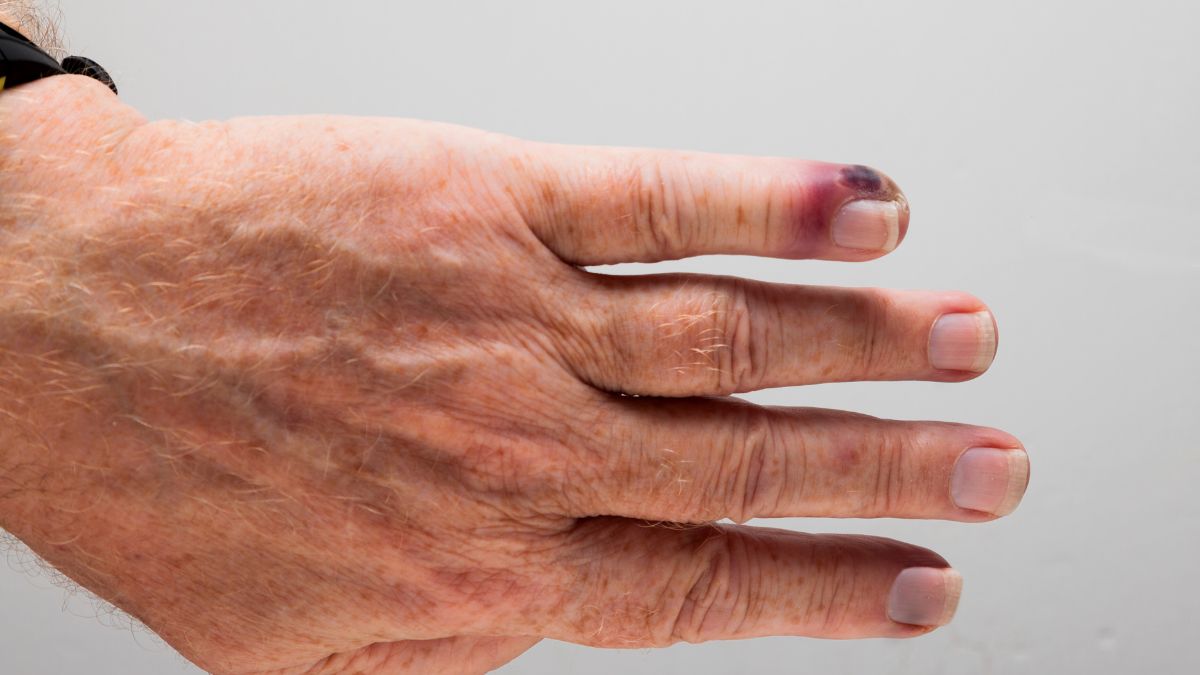- By Bornika Das
- Sat, 21 Jun 2025 08:59 PM (IST)
- Source:JND
In medical emergencies, time is not just valuable, it’s life-saving. Stroke, heart attack, and sepsis are three of the deadliest conditions that can strike without warning, often presenting with subtle or confusing symptoms. Many people brush off early signs like fatigue, dizziness, or shortness of breath, thinking they’re minor issues or stress-related. But ignoring these “silent” signals can be a fatal mistake. These conditions require immediate medical attention, and knowing the warning signs can make the difference between full recovery and irreversible damage, or even death.
Among doctors of hospitals and emergency rooms, this time of intervention is called the "golden hour," i.e., life can be saved, or lasting damage can be prevented if prompt steps are taken. Golden hour applies particularly when there is a stroke, heart attack, or sepsis. These conditions are not just medical conditions; these are time-ticking medical emergencies kind which can strike anyone at any age. Thus, recognising the symptoms and understanding what to do if you or someone near you experiences them is important. In conversation with The Daily Jagran, Dr. Ashray V, Consultant – Emergency Medicine, Aster Whitefield Hospital, Bengaluru, shares often-overlooked signs of stroke, heart attack and sepsis.
ALSO READ: 5 Things Your Cardiologist Wants You To Know In Your 30s
Stroke: When Every Second Matters
A stroke is when the flow of blood to a portion of the brain is suddenly stopped, or if there is sudden bleeding within the brain. Neurons can undergo permanent damage due to the abrupt cessation of blood supply to the brain.
The symptoms of a stroke typically appear abruptly, as it is a very sudden yet deadly occurrence. Usually, an individual having a stroke will have symptoms such as one-sided weakness or numbness, slurred and unclear speech, sudden double vision, or sudden loss of balance. It is an awful experience, not just for the person who is going through it but also for people who witness it. Dr. Ashray V states, “That is why knowing the signs will be the most important thing. These are also easily remembered using the mnemonic term B.E.F.A.S.T.: B for Loss of Balance, E for change in vision in the Eyes, F for slumping of the face, A for weakness in the Arm, S for slurred Speech, and T for reminding us of its Time to get help.” It is imperative to recognise these signs and improve the chances of recovery for an individual. When it's a stroke, minutes matter—so remain alert, stay calm, and act fast when seconds count.
For stroke victims, time is of the essence. The sooner a patient gets to the hospital, the greater the chance of recovery. If patients visit the hospital within 4.5 hours, doctors can give them special medication to dissolve the clot and start blood flow. In rare cases, advanced techniques can aspirate the clots if treated early.
Heart Attack: A Silent Emergency
A myocardial infarction or heart attack occurs due to the blockage of arteries by a blood clot. This blocks the blood from reaching the heart, thus injuring the cardiac muscles. Therefore, unless the block is cleared immediately, the injury may be permanent and fatal.
Dr. Ashray V states, “Its most common manifestations are when one is feeling some pain or stiffness in the arm, jaw, chest, or shortness of breath, sweating, or dizziness. In women, the symptoms are hard to identify since it is indefinite and present themselves as fatigue, nausea, or anxiety.”
Unfortunately, most people ignore warning signals and wait for the pain to go away. With a heart attack, minutes or even seconds matter. The earlier the treatment is initiated, the more beneficial it is to the patient. Ideally, it must be treated within 90 minutes since it is going to maximise the chances of preserving heart muscle and avoiding issues. For the treatment, typically it is a thrombolytic, which is a medicine to break down the clot, or an intervention to insert a stent and open the artery.

Silent Signs Of Sepsis (Image Credits: Canva)
Sepsis: The Silent Killer
Strokes and heart attacks are well diagnosed, but sepsis is often underestimated, equally fatal. Sepsis occurs when the infection spreads out of control. Instead of fighting the infection, the immune system goes into hyperdrive and starts attacking the body's tissues and organs.
Sepsis may result from as small an injury as a cut, or urinary tract infection, or pneumonia. Warning signs may be fever or chills, increased rate of breathing or shallow breathing, confusion, or just feeling very sick. The signs can be mild in young children and the elderly.
Dr. Ashray V mentions, “The problem with sepsis is how rapidly it can get out of hand. In the worst cases, organ failure or death can happen in hours. That is why it must be treated early with antibiotics and supportive treatment. Delay can be deadly, which is why the symptoms, no matter how mild at the onset, must be brought before a doctor.”
ALSO READ: World Sickle Cell Day: Doctor Explains How Sickle Cell Stroke Is A Silent Threat To Young Blood
What All Three Conditions Have in Common
Although they vary, stroke, heart attack, and sepsis share one thing in common: all require urgent medical attention. They can arrive unannounced and without certain signs. But beneath these symptoms, the body is in trouble, and the sooner you respond, the better off you'll be.
Know the Signs. Don't Wait
If you or the person near you experiences symptoms of a heart attack, stroke, or serious infection, do not wait. Call emergency services and report to the nearest hospital. Explain these conditions to your family so they know about them too.
Because in these seconds, each minute counts. And moving fast may save a life.

